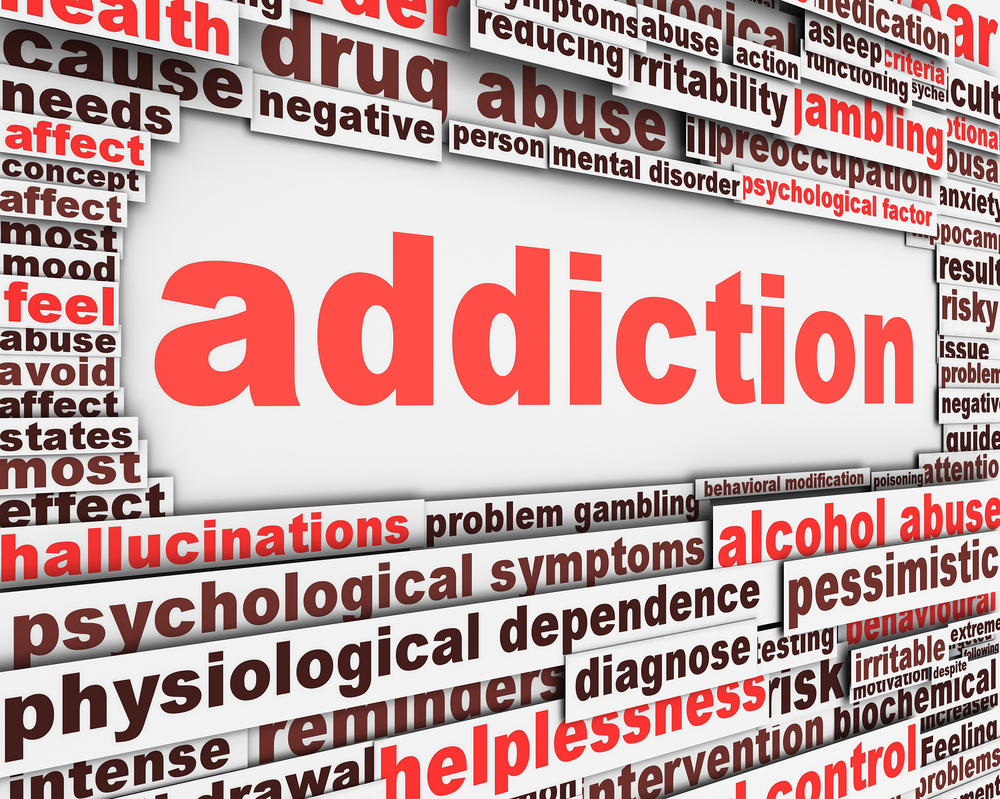 |
Addiction therapy.The way humans are programmed,most of us have at least one addiction in our lifetime.The lucky ones have addictions that won't harm them.But others are not so lucky with their addictions. Addiction refers to a difficulty in controlling certain repetitive behaviours to the extent that they have harmful consequences. They are the result of powerful compulsions to use and do certain things excessively, often out of a need to escape from upsetting emotions/situations. These compulsions can trigger a self-perpetuating process, which can cause pain and suffering not only for those addicted, but
also for their friends and family.
Addictions can develop from many activities, including drinking alcohol, taking drugs, eating, gambling, having sex and using the Internet. Often addictions begin as a result of how these activities make people feel emotionally and physically. These feelings can be pleasurable - triggering a powerful urge to carry out the activity again to recreate this 'high'. This can develop into a repetitive cycle that becomes very hard to break.

In many cases people who are addicted are not aware of their addiction and the impact it may be having on their work, relationships and health. As a result many are unable to quit on their own and treatment is required. Addiction treatment such as counselling is crucial for helping sufferers to recognise their condition and how their emotional needs are affecting their behaviour. This can be an important step on the road to recovery and, eventually abstinence. In some cases, the harm of an addiction may only be recognised when the addicted person experiences a crisis - either as a result of a major life consequence or when the addictive substance or behaviour is suddenly taken away. This is often what motivates sufferers to seek help for addiction, but there are those who are able to kick-start their recovery long before their illness escalates. Whilst some people may be able to recover from an addiction without help, it is strongly believed that most people require support in the form of specialised addiction treatment. Evidence has shown that the earlier treatment is sought, the more successful it will be.
The first step in seeking help for addiction is usually to speak to someone about how you are feeling. If you are nervous about speaking to a loved-one, there are various charitable organisations that have been set up to help people with addictions. You may also want to consider visiting your GP who can answer any questions you may have about your condition. Most medical professionals should be comfortable dealing with people with addictions, and will be able to provide a safe and non-prejudiced environment for you and/or your loved ones to express concerns.
 |
Typically an appointment with a medical professional will involve a full history and physical exam in order to diagnose your addiction and establish any health problems that may have resulted from the illness. Diagnosis usually involves an analysis of physical symptoms in accordance to specific addiction criteria. Essentially, your doctor will be looking for signs that your behaviour is:
- Persistent - occurring over a period of time despite negative consequences.
- Maladaptive - counter-productive to personal self (i.e. undermining your ability to adapt to situations and overcome problems).
Addiction treatment
There are several treatments that are proven to be effective in helping people to overcome their addictions, and these are tailored to the individual and their particular addiction. Typically, addiction treatment is a combination of medication and talking therapies, which are designed to promote abstinence and clear up physical and emotional consequences of addictions. Treatment may also involve aftercare support in the form of self-help groups, which are designed to help people cope with the after effects and avoid triggers.
 |
Addiction counselling
Cognitive behavioural therapy (CBT) tends to be used in addiction counselling because it helps individuals to identify and correct problematic behaviours via the application of easy to use skills. CBT also helps to address underlying problems that often co-occur with an addiction, and this is important for helping to target the root cause(s). Essentially, by interrupting the self-perpetuating cycle of an addiction, counselling provides a new way for people with addictions to think, feel and act - removing the troubled thinking and helping them to view difficult situations in a new light. This is important for helping them to maintain the change, which is often considered harder than stopping the addiction.
What should I be looking for in an addiction counsellor or psychotherapist?
There are currently no laws in place that outline what training and qualifications a counsellor must have in order to treat addiction. However, the National Institute for Health and Care Excellence (NICE) have developed a set of guidelines that provide advice about the recommended treatments for alcohol and drug abuse.
Overall recommendations for those struggling with addiction include a detox therapy programme combined with behavioural therapy or cognitive behavioural therapy. For couples struggling with addiction within their relationship, couples counselling is also recommended. Additionally, if the addiction is affecting (or has been affected by) the person's family, family counselling may also be helpful.
There are several accredited courses, qualifications and workshops available to counsellors that can improve their knowledge of a particular area, so for peace of mind you may wish to check to see if they have had further training in matters of addiction.
No comments:
Post a Comment